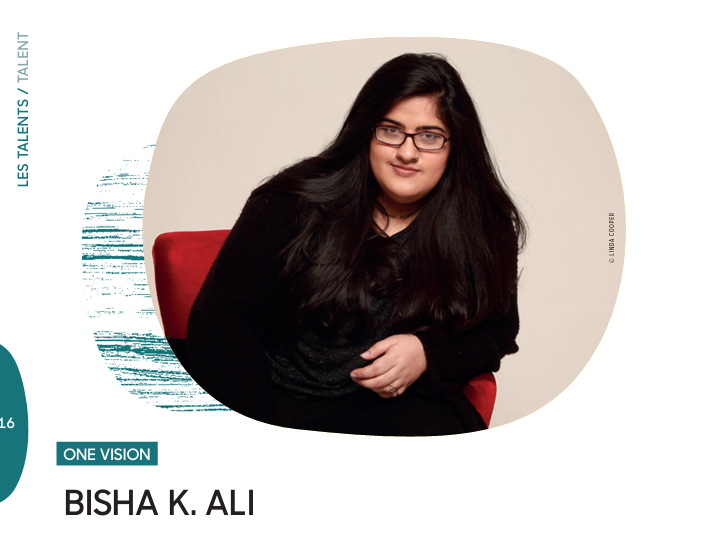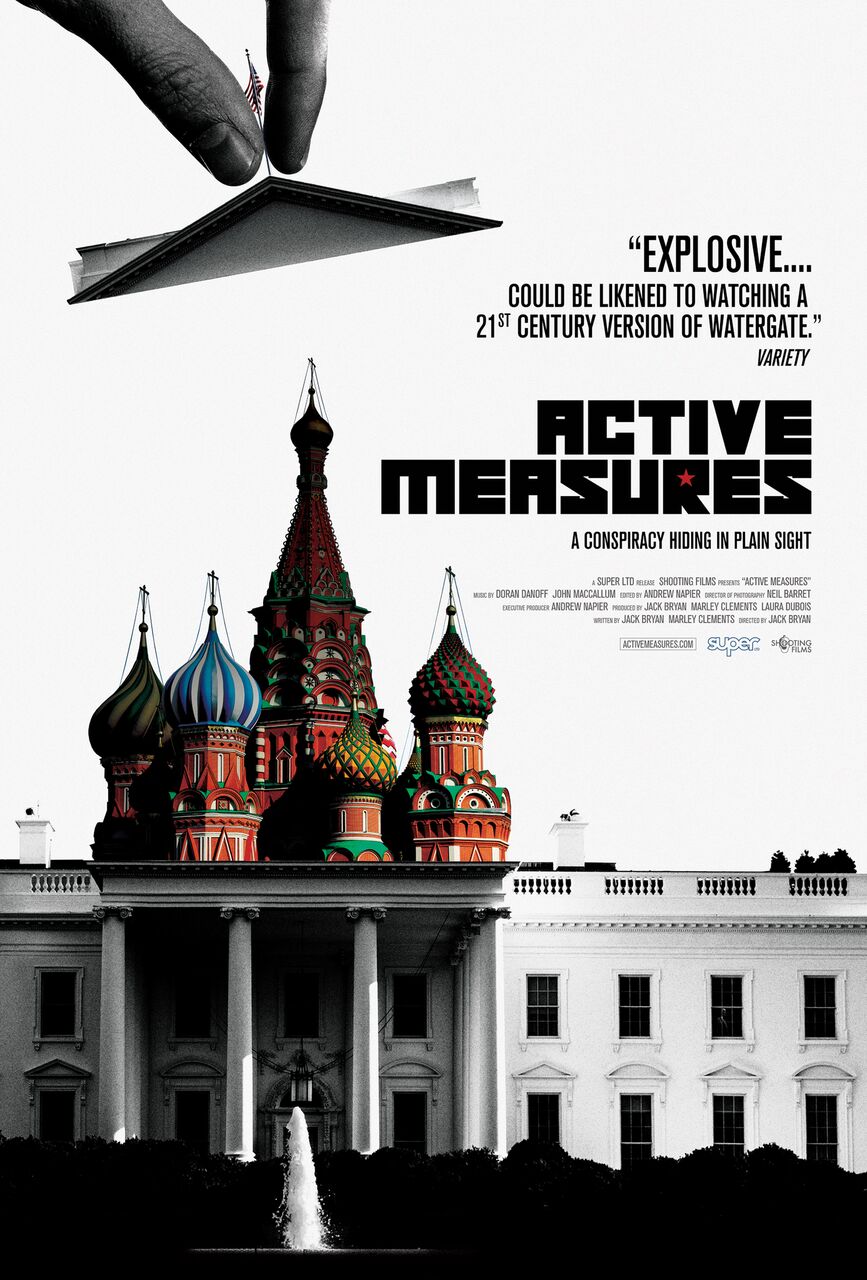Discussing diversity in the industry with British Screenwriter director and producer Bisha K. Ali . Bisha shares her powerful vision of diversity, inclusion and transferring knowledge with journalist Marianne Levy.
In 2019, Bisha was announced as the Head Writer of Marvel Studios’ Ms. Marvel series for Disney+. Her work includes consulting on HBO & Sky’s upcoming series The Baby, writing on Marvel Studios’ Loki for Disney+, Hulu’s Four Weddings and a Funeral, and Netflix’s Sex Education.
She started out as an economy student and she was working at the Economist, but her childhood love for stand up comedy brought her to start out at an Open mic session in her native London, then she was hooked on comedy and the television world. Stand up gave her access to the industry, she was approached by producers who asked her if she wrote and she did have some scripts lying around and that got her career started. She was always was writing and she watched a lot of television since she was very little. She thinks that stand up was a great school as she never went to film school. Diversity was important from the start in her work, she says “diversity is missing in our industry, some people are very underrepresented on the screen, like disabled people. Does what we see on the screen marry up with what we see in our life. There has been a big change in the last 15 years but we are not done.”
M.L: The French audience thinks British television is diverse compared with France, so is there still a long way to go,
B.A: Bisha thinks there is a glass ceiling, also behind the camera there needs to be a change. “the inclusion of Muslim characters are needed behind and infront of the camera, there was a study done by thinktank Seven Pillars Institute, and even though there are billions Muslims in the world on screen we see Muslims depicted as 30 % as the perpetrator of violence and 50 % as victims and women doesn’t have agency usually which is a ridiculous depiction of modern British Muslims.”
She thinks there is a loop in how we think about each other culturally about each other, how can we make effective change “That’s my approach, the fact that the UK is diverse, that makes me wonder what you see [in France]. I would rather be on a panel talk about my craft rather than talking about diversity, and I hope that to happen in the future. The categorization specifically of women of colour, certainly in the UK there is class playing in. It is minimising what is diverse about us what is humanizing about us. That said to be able to capture statistical data being able to capture to show there is a problem and having the numbers to show the problem, and not necessarily causality, but make connection what it means for people how it affects the moral line but, also from a business perspective financially money is on the table, and the audience is more diverse so there is a financial and in my opinion moral reason. In the UK there is The Diamond diversity standard, end to end on a production, signed up by Netflix, ITV, BBC, shows who is working on a project so there is a way to find out who works on a project. We can look at the numbers the more cohesive argument we can make and in a long term historical perspective it’s important to have this data, that we didn’t have before,
M.L: How can we change who is beside the camera on all the job behind the camera whats most crucial?
B.A: I have a simple answer but it may get me into trouble. I think where ever we can find people in different places is important, the key issue is the person on the top. This will help us going forward. If there is only one coloured person in a room then unconscious bias sets in that’s where explicit bias sets in, and who gets hired, I think, it be great to have a more diverse commissioner in the UK across the board, I think there is a myth for every diverse hire a white man somewhere losing a job is just categorically untrue, that not how it works there is room at the table we can expand the table and include more of us. I think many positions of power where people of colour has not been allowed in, then we don’t have to spend time spending time explaining things, a trap people of colour get stuck in is We spend time talking about what’s racist and what is not, while juggling your work racial guardian nobody signed up for this job, become more comfortable talking about race and disability, without anyone being belittled. The more people of colour in positions of power the more we won’t have to have these conversations.
I am very optimistic about the future.
M.L: You want to help others to make their voice heard, tell us about the Scriptwriters’ fellowship you launched.
B.A: the fellowship we have launched Netflix in partnership with Sky here in the UK. Something I thought about when I was starting out as a young person taking expensive transport and having to cut out lunch to afford. She was missing a network to support her and. She met with the VP of Netflix UK and she asked why did you move to USA and I said there was a glass ceiling.
Netflix is giving financial help for one year, and access to young scriptwriters to get them a television credit. Workshop for mental health As mental health is something that is very important for freelancers and artists, there is a lot of pressure
For new and more diverse voices to emerge, concrete actions are needed. One of them is a brand new writing fellowship orchestrated by writer Bisha K. Ali and supported by Netflix and Sky which was just launched in the UK. The goal is clear: «We want to encourage greater diversity of voices among new writers, and so are looking for Black, Asian and other racially and ethnically under-represented writers to apply.» Bisha K. Ali is a screenwriter, director and producer.
Question from the floor: Tell us about Sex Education and your writing.
B.A: I was very young the most inexperienced writer in the writer’s room, it was a very diverse writing room one of the most diverse I ever done. with Laurie Nunn and Sean showrunner of Sex Education. It is a collaborative experience. It’s exhilarating constantly sharing ideas in a writers room. Laurie Nunn curated all the ideas and lacing them together. Laure Nunn and made them work all the specificity all the grace she gave to the topic, it was difficult for us to approach especially a UK show. With massive spreadsheets, we were tracking characters across the whole series. A learning curve to me was the level of specificity and the level of detail and being able to contribute to that room when I felt so green and such an imposter but they writers room helped me through it.




